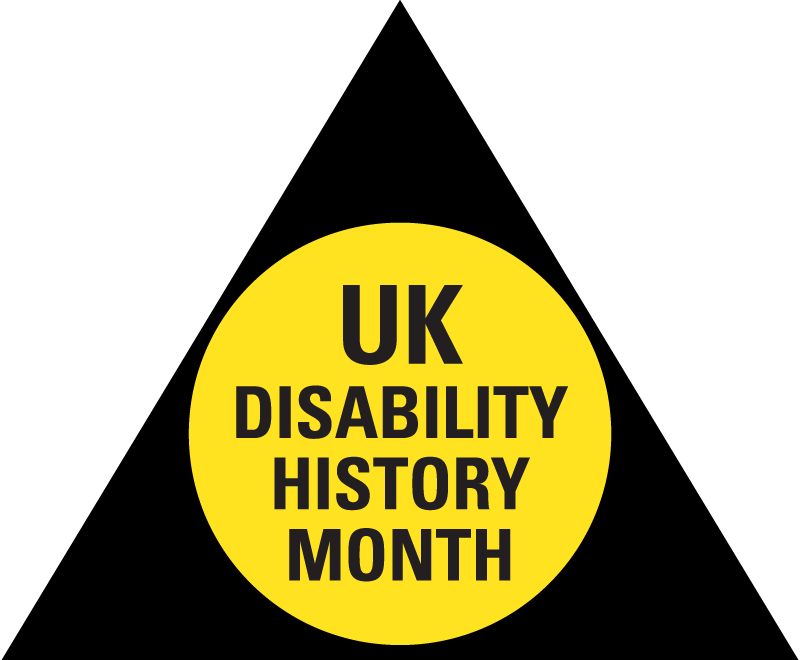This online exhibition of 23 panels gives a detailed understanding of the history of disabled people. In the USA people with disabilities is the preferred term.
http://dhss.alaska.gov/gcdse/Pages/history/html_maincontent_overview.aspx
http://dhss.alaska.gov/gcdse/Pages/history/pdf_guide.aspx
http://dhss.alaska.gov/gcdse/Pages/history/html_timeline_overview.aspx
Display Created and Printed by ACT Advocating Change Together
http://www.selfadvocacy.com/
Panel 1 – Disability has always been, and will likely always be, a part of the human condition.
Panel 2 – Religion has played an important role in providing basic services and shaping attitudes toward people with disabilities.
Panel 3 – Persons with disabilities are treated as social problems and public burdens.
Panel 4 – Disability becomes a medical issue requiring the services of trained professionals.
Panel 5 – A gradual understanding of science leads to new and often painful treatments for persons with disabilities.
Panel 6 – Social reform and new ideas in education offer opportunities for people with developmental disabilities.
Panel 7 – The commitment to education and the quality of services decline with the increasing demand for institutional placement.
Panel 8 – The quality of services for persons with disabilities further declines with a growing suspicion of all people who are different.
Panel 9 – Persons with developmental disabilities are made scapegoats for many of society’s problems.
Panel 10 – Persons with disabilities – over 200,000 – are the first victims of the holocaust.
Panel 11 – Services slowly become available to persons with physical disabilities; many with developmental disabilities are largely forgotten and abandoned in institutions.
Panel 12 – Parents assert their leadership and begin to organize on behalf of children with disabilities.
Panel 13 – Advocacy by parents leads to increased funding, better community services, and larger institutions.
Panel 14 – Influenced by the civil and human rights struggles of the 1950s and 1960s, people with disabilities begin to fight for their rights.
Panel 15 – Disability is no longer limited to moral or medical definitions; it is now viewed by many as a social construct.
Panel 16 – People with disabilities face new opportunities and threats as America’s largest minority.\
Panel 17 – Persons with developmental disabilities advocate for themselves and others with disabilities, proclaiming “we are people first!”
Panel 18 – Thousands of self-advocates across the world speak for themselves and fight for social change.
Panel 19 – Activists remember the past and work to ensure that crimes and mistakes are not repeated.
Panel 20 – Naming and claiming who we are, where we come from, and where we want to go.
Panel 21 – Disability is an art. Disability is a unique way of life.
Panel 22 – Connection to a different time in history – Seeking Full Participation.
Panel 23 – Connection to a different time in history: Community Integration for Everyone.
